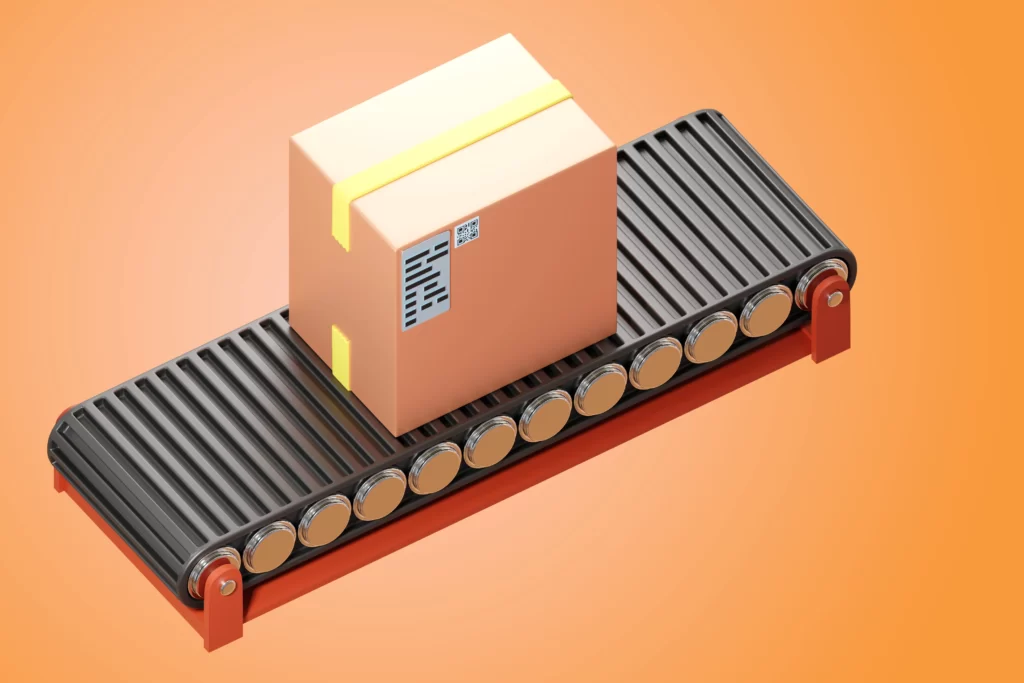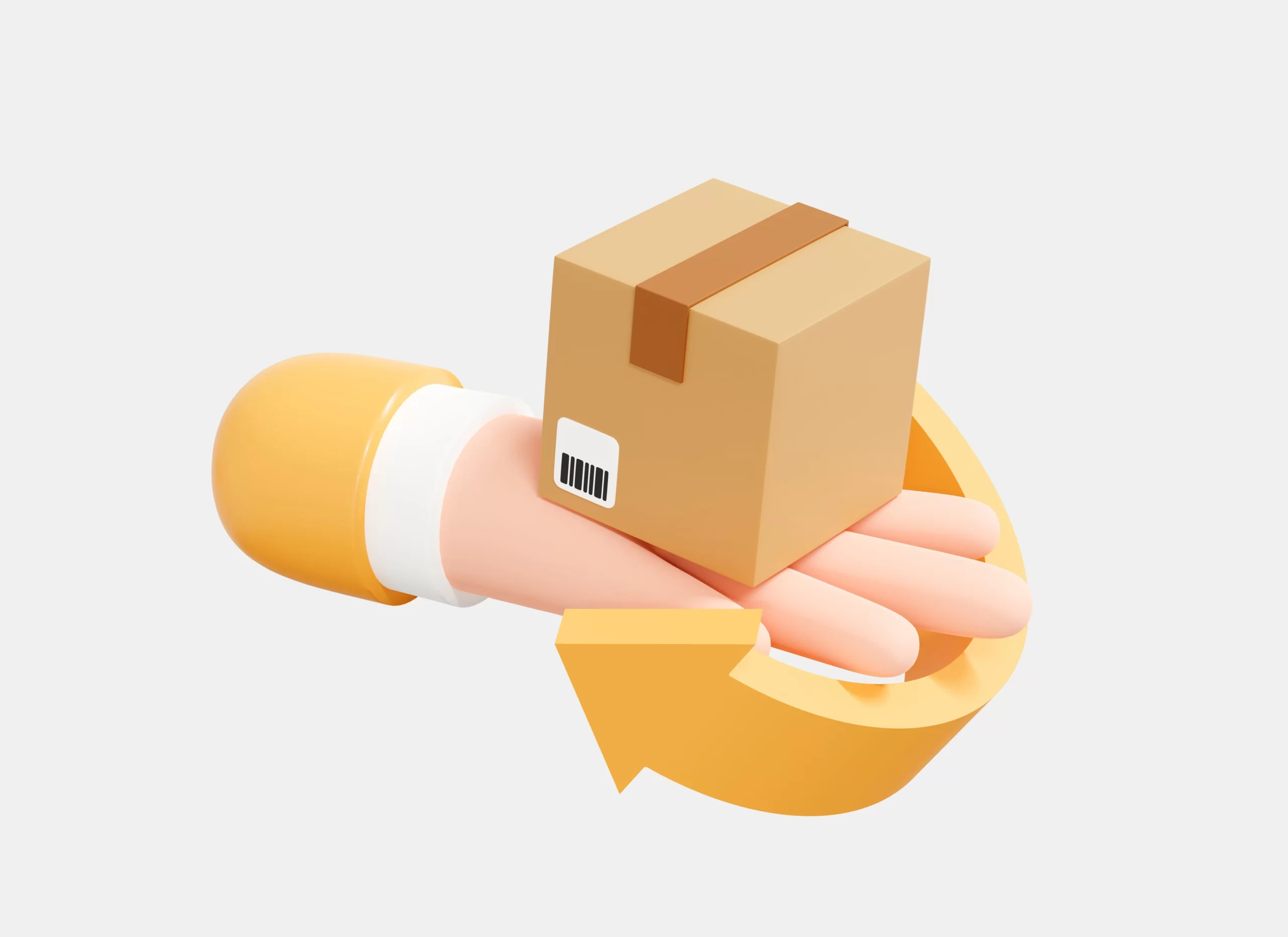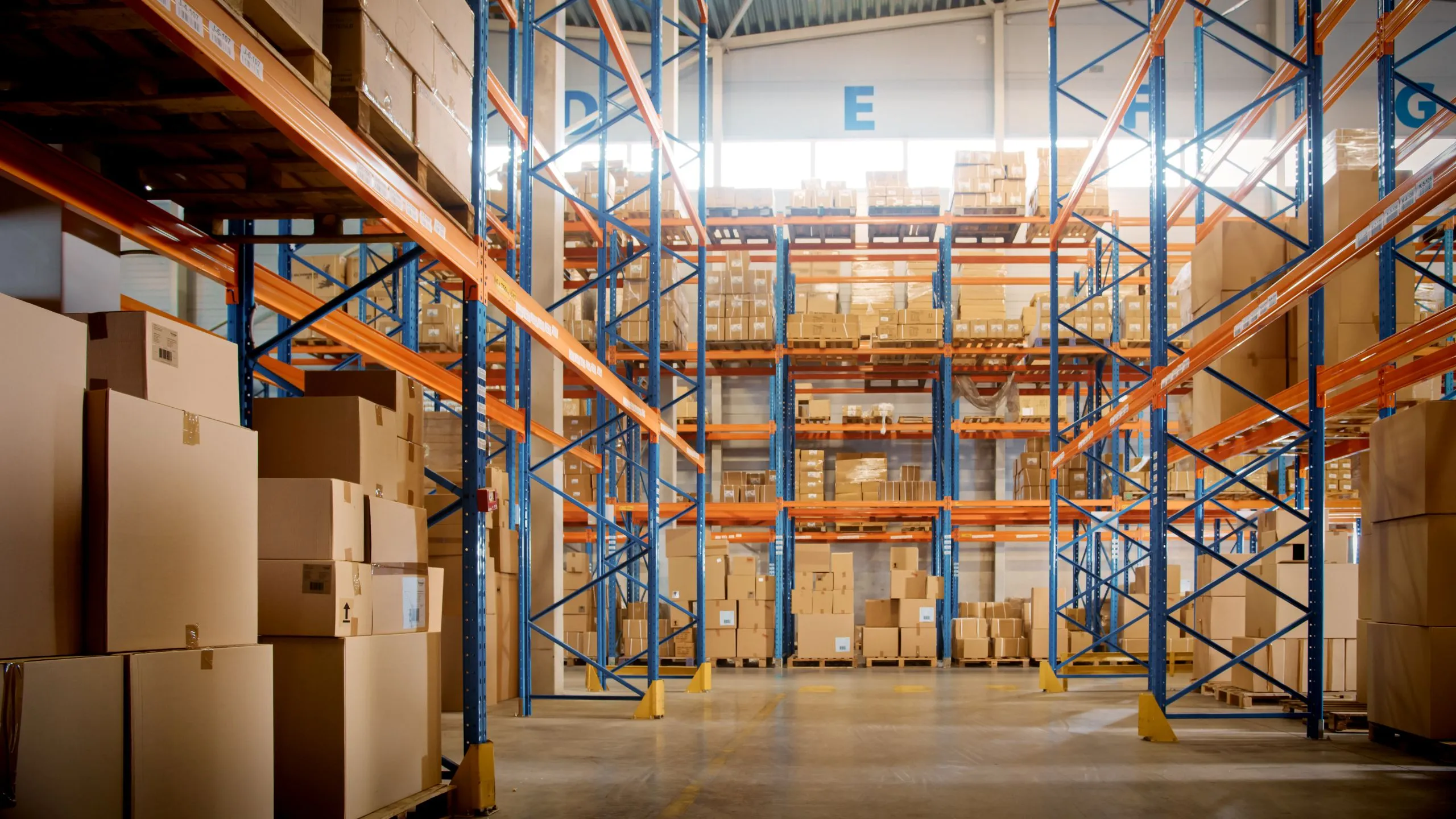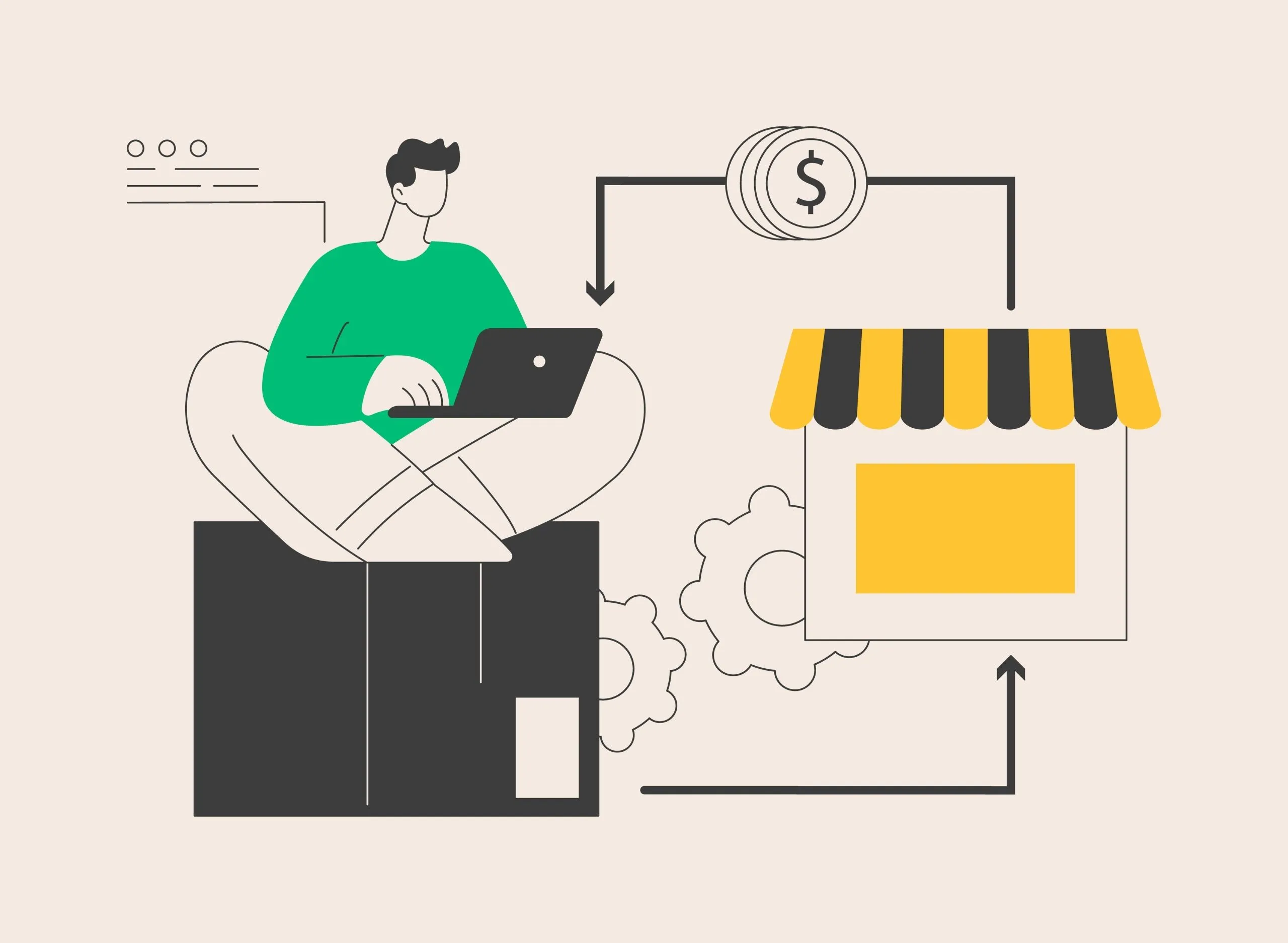The fact that the e-commerce world has a growing business volume contributes to the increase in e-commerce between countries.
E-commerce offers businesses opportunities to access global markets, reduce operating costs and reach wide customer bases. Cross-border e-commerce refers to a business model in which the sale of products or services from one country to another is carried out through e-commerce platforms. This type of trade has gained immense popularity with the proliferation of the Internet and digital payment systems.
Due to the increasing volume of e-commerce in the global market, EU countries have started to make various decisions regarding physical e-commerce products entering their countries. The EPR model and the LUCID law appear as one of the laws related to cross-border e-commerce.
What is EPR? (Extended Producer Responsibility)
Extended Producer Responsibility, EPR for short, is an environmental policy implemented by the states. In other words, the manufacturer who offers a product to the market is responsible for the entire cycle and cost of the packaging waste of the product it produces. This applies not only to businesses that export directly to these countries, but also to the marketplaces where you list your products in these countries. For example, marketplaces such as Amazon do not offer your products for sale in countries where the EPR policy applies if you do not enter an EPR number.
Germany and France hold manufacturers responsible in this context and demand that manufacturers comply with the laws they have enacted for this purpose. Through LUCID, you are expected to fulfil your responsibility by participating in the EPR.
What is the EPR Number?
It is the unique registration number assigned by LUCID when you register in the LUCID packaging registration system.
What does LUCID mean?
E-commerce sellers engaged in cross-border e-commerce of physical goods to consumers in European Union countries are required to register with the LUCID Packaging Register. LUCID law means “Recycling of Waste Packaging”. With the LUCID law, it is aimed that the costs related to the collection, recycling and processing of waste discarded by buyers who receive products through e-commerce in EU countries are intended to be paid by the seller who sends this product.
As of 1 July 2022, the VerpackG (Packaging Act), which entered into force in Germany, is exactly related to this, and if e-commerce sellers to Germany do not comply with this law, they can both be fined and their sales in the country can be stopped.
What does the VerpackG (Packaging Act) aim to achieve?
The LUCID (Recycling of waste packaging) law is also known as the VerpackG (Packaging Act) in Germany. The main purpose of the German packaging act is to protect the environment and support ecological sustainability. The ever-increasing volume of e-commerce leads to an increase in the waste arising from the products reaching from the seller to the buyer. In order to provide financial resources for the country’s recycling costs, the law aims to ensure sustainability in both the regular use of natural resources and recycling by holding the producer responsible for this cost. Other aims include reducing waste by decreasing the amount of material used in packaging, mitigating the impact of packaging waste on the environment, and trying to keep raw materials in the recycling cycle by ensuring recycling.

How to Register LUCID?
Here are the steps to follow to register with LUCID;
- To register for the packaging act, register to the LUCID Packaging Register via the ZSVR Verpackungensregister. The information you enter here is your personal or company information and you can easily register.
- Receive a member number (EPR number).
- A licence is obtained from one of the dual systems. Now you will be sending your products with the logo of this dual system on the packaging of your products. You can also add the logo to your website.
- When you specify the amount of packaging material you will use in the dual system you choose, the fee you need to pay is calculated for you. Before registering for LUCID, we recommend that you compare each of the dual systems and find the most suitable one for you.
Some of the dual systems are;
- Altera System GmbH
- BellandVision GmbH
- Reclay Systems GmbH
- Recycling Dual GmbH
- Veolia Umweltservice Dual GmbH
- Zentek GmbH and Co. KG
- Der Grüne Punkt (Duales System Deutschland GmbH)
- Landbell AG für Rückhol-Systeme
- Noventiz Dual GmbH
- EKO-PUNKT GmbH and CO. KG
- INTERSEROH+ GmbH
- PreZero Dual GmbH
- After selecting your dual system, you need to add the amount of packaging you reported when obtaining a licence to the LUCID system. For this, after logging in to the LUCID page, enter the DASHBOARD (control panel) and select DATA REPORT. The opened field is the PRODUCER DATA REPORT field and you can finish the process by selecting the dual system from which you purchased licensing by specifying the relevant date range in the INTRA-YEAR VOLUME REPORT field for that year and recording the number of packages you purchased licensing for. If you have purchased licensing for the following year, you can record it in the INITIAL PLANNED VOLUME REPORT field in the DATA REPORT tab in the Dashboard.
What happens if the VerpackG (Packaging Act) is not complied with?
It is the responsibility of e-commerce businesses to register with the German packaging act, and marketplaces are not held responsible for any fines and closures that may arise in the marketplaces. Amazon, one of the largest marketplaces globally, does not allow businesses to sell to Germany without this registration.
Failure to comply with the rules required by the Packaging Act is considered an administrative offence. The feedback you can receive for this offence is as follows;
- You may receive a written warning.
- If you sell unregistered products, you may be fined up to 100,000 Euros.
- If you do not participate in the Recycling System, you may be fined up to 200,000 Euros.
- If you use the logo of one of the systems as if you are registered without registering with one of the Dual Systems, you may be banned from selling.
Although cross-border e-commerce offers great benefits for businesses, the legal regulations and expectations of each country can be different and complex in order to trade internationally. For this reason, we recommend that you work with professionals who can provide you with the most accurate information and guidance for e-export.
Contact us so that we can be your solution partner with our fiCommerce end-to-end e-commerce services.





